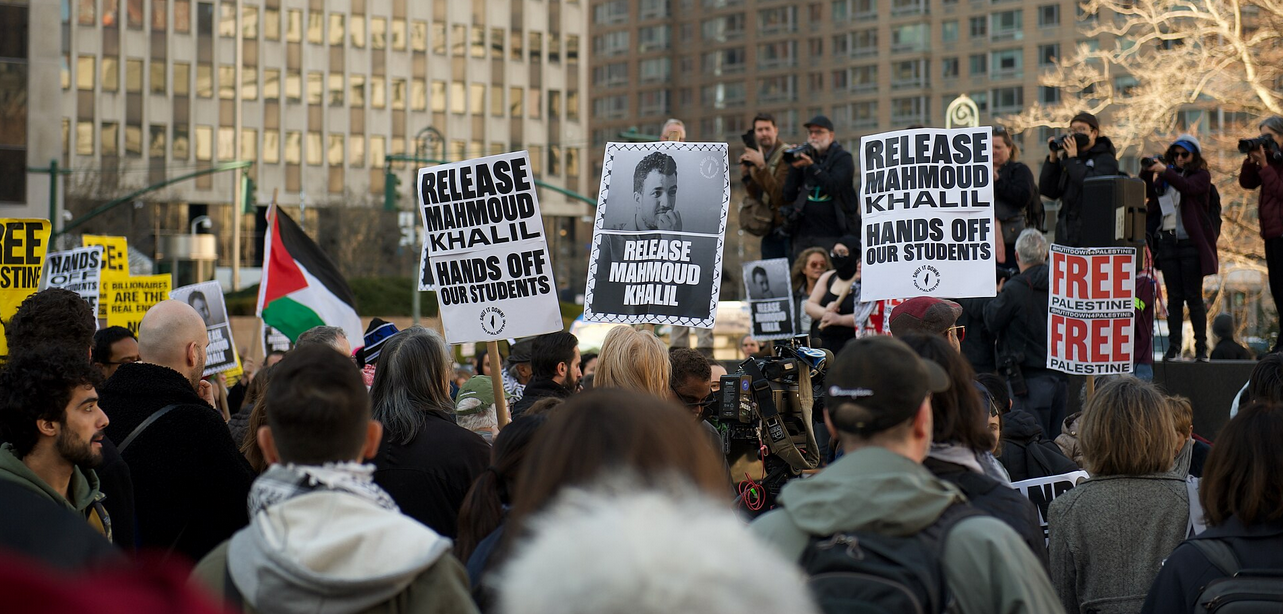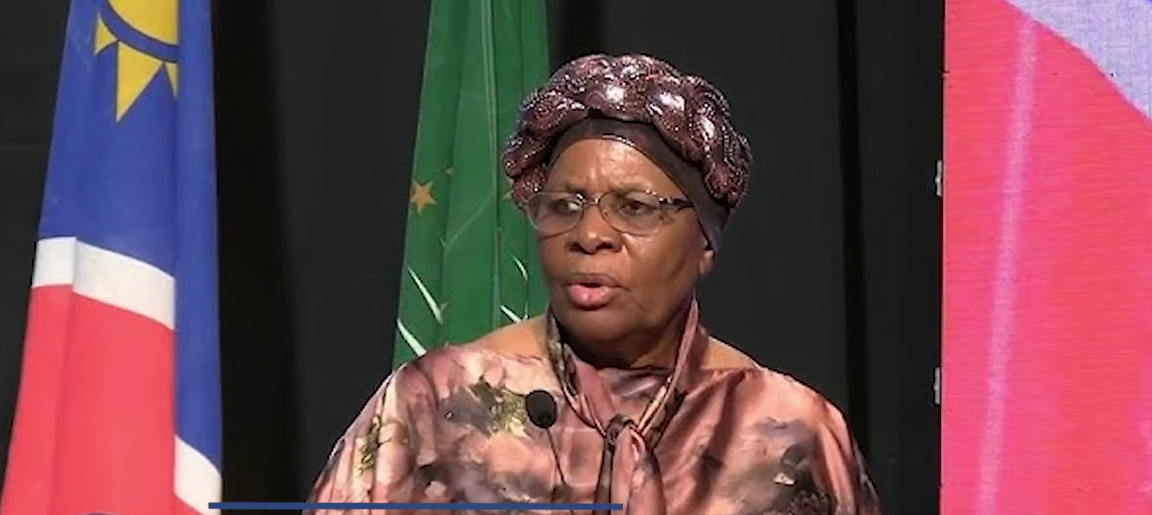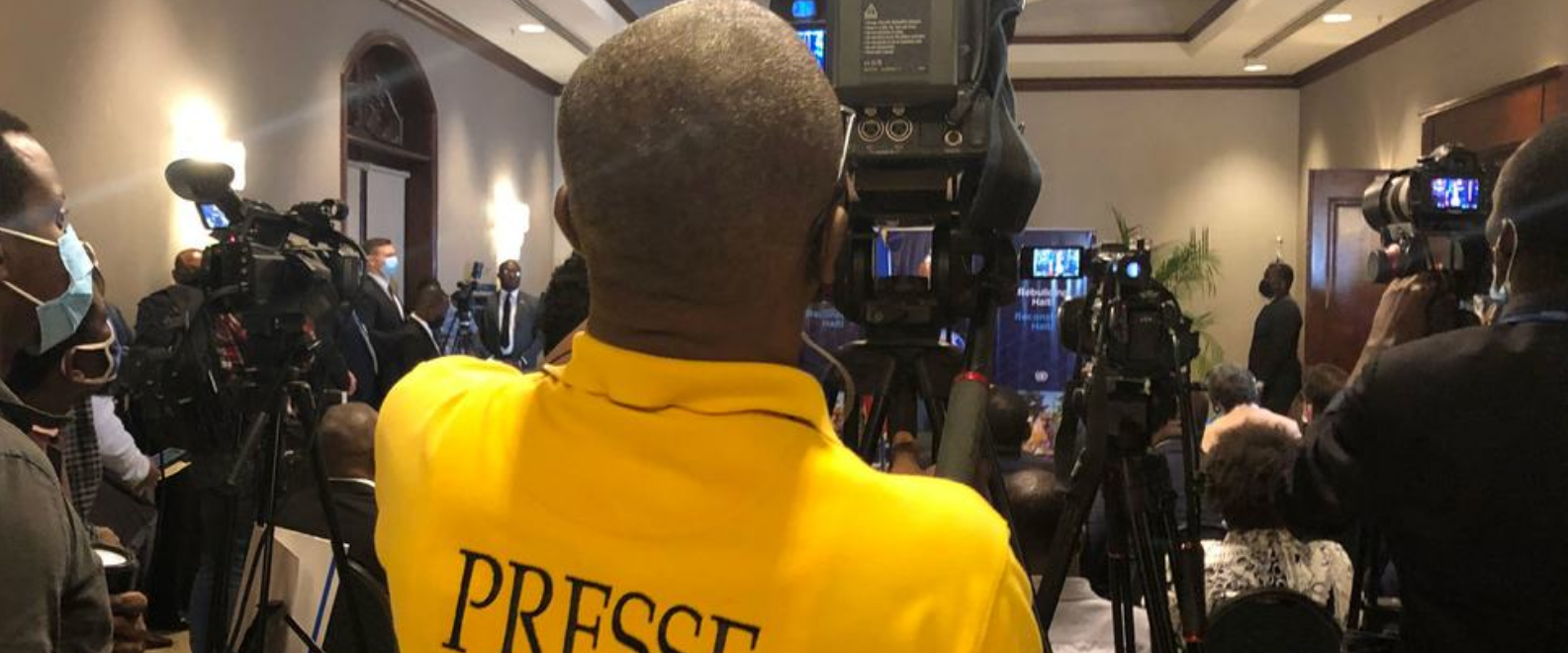Photos: YouTube
Racial injustice and systemic racism has always been ingrained into America’s justice system.
While Black History Month is a time to celebrate the progress that has been made and to honor those who fought for equal rights for Black people in the United States, it’s also an occasion to reflect on how far we have to go.
The legacy of slavery, racist Jim Crow laws, and hateful lynchings has translated into modern-day mass incarceration and the disproportionate imprisonment of Black people. No where is that seen more clearly than in prisons like the Mississippi State Penitentiary — also known as Parchman Farm — and Louisiana’s Angola prison, which were built on and modeled after slave plantations and where several Innocence Project clients have been incarcerated.
Racial discrimination and bias has been ingrained in the criminal legal and law enforcement system from its earliest days and continues to pervade every level of the system today. The Innocence Project, with your support, is committed to addressing these injustices.
These eight statistics highlight the ways in which racial inequality persists in the criminal legal system today and contributes to wrongful conviction.
1. More than half of death row exonerees are Black.
Of the 174 people exonerated from death row since 1973, about 53% are Black, according to the Death Penalty Information Center. Historically the death penalty has been disproportionately applied to Black people in the U.S., and they are still overrepresented on death row. Today, the states that sentence the most people to death are those that once carried out the most lynchings.
2. Nearly half the people currently on death row are Black
In 2020, about 42% of people on death row were Black including Innocence Project clients Rodney Reed and Pervis Payne, though Black people make up just 13% of the U.S. population overall.
The death penalty is more likely to be used in cases in which a white person is killed — people convicted of killing white people are executed at 17 times the rate of those convicted of killing Black people. Both Mr. Reed and Mr. Payne were convicted of killing white women in the South.
Since 1976 — when the death penalty was reinstated after a four-year suspension — nearly 300 Black people accused of murdering white people have been executed, compared to 21 white people accused of murdering Black people, according to the Death Penalty Information Center.
3. Half of the 2,725 people exonerated since 1989 are Black.
According to the National Registry of Exonerations, 1,353 Black people have been exonerated since 1989, including Innocence Project client Jaythan Kendrick, who was exonerated last year. While these people have since regained their freedom, collectively, more than 10,000 years of freedom were stolen from them.
4. Innocent Black people are seven times more likely to be wrongfully convicted of murder than innocent white people.
In particular, Black people are more likely to be wrongly convicted of murder when the victim is white. Among Black people exonerated from murder convictions, approximately 31% were wrongly convicted of killing white people, though just 15% of homicides by Black people involved white victims, the National Registry of Exonerations reported.
5. It takes longer to exonerate an innocent Black person.
Innocent Black people spend an average of 10.7 years wrongly imprisoned before being exonerated — about 45% longer than innocent white people. This racial disparity in time spent wrongfully incarcerated holds true across different types of convictions.
Black people tend to receive harsher sentences when accused of sexual assault, and have a harder time being exonerated from a wrongful conviction. On average, they spend 4.5 more years in prison than their white counterparts before being exonerated.
Black people wrongly convicted of murder spend an average of three more years in prison than white people — four if they are on death row. Innocent Black people spend an average of 16 years on death row before they are exonerated.
6. Police misconduct occurred in more than half of all wrongful murder conviction cases involving innocent Black people.
According to the National Registry of Exonerations, cases of Black people exonerated from wrongful murder convictions were 22% more likely to involve police misconduct than similar cases involving white defendants.
In Illinois, for example, under former Chicago Police Commander Jon Burge, police psychologically abused and physically tortured more than 100 Black men and women until many falsely confessed to crimes they did not commit. Several people wrongly convicted by Mr. Burge and his officers, including Innocence Project client Kevin Bailey, have since been exonerated.
But racial discrimination can play a role in a wrongful conviction case before it even makes it into courtroom. Racial bias in everyday police encounters can often lead to wrongful conviction or even death.
7. About one-third of unarmed people killed by police are Black.
Of the more than 149 unarmed people killed by the police in 2017, 49 were Black, according to Mapping Police Violence.
Despite thousands of police shootings since 2005, only 110 officers who shot a person while on duty have been charged with murder or manslaughter, FiveThirtyEight reported. And less than half of them were convicted. Too often officers who use excessive force or engage in misconduct return to their jobs without consequence. This lack of accountability can lead to wrongful convictions.
Philadelphia police shot our client Termaine Hicks in the back three times in 2001, assuming that he was attacking a woman he was actually helping. Officers then covered up their mistake and Mr. Hicks spent 19 years in prison for a crime he didn’t commit, while the officers — who went on to be the subjects of numerous allegations of lying, planting evidence, excessive force, and substantiated complaints filed by civilians — returned to their jobs. At the Innocence Project, we are advocating for police disciplinary records, which are currently confidential in about half the states, to be made public to increase police transparency and accountability.
8. Black people are more likely to be stopped and searched.
Studies have shown that Black people, Latinx people, and communities of color are more likely to be stopped, searched, and suspected of a crime — even when no crime has occurred. Data shows that when Black drivers are stopped, they are more likely to be searched, but contraband is less likely to be found.
Racial bias in policing contributes to the wrongful incarceration and conviction of innocent Black people and is also seen in arrest quotas, the use of surveillance technologies like facial recognition software to identify suspects, predictive policing tools, and gang databases.
Research also shows that strong unconscious racial biases associating Black people with criminality persist — in an investigation these biases could result in officers locking in on a suspect who conforms to the stereotypes and assumptions they hold, instead of conducting a comprehensive investigation into all potential suspects. This often becomes the first step toward wrongful conviction.







